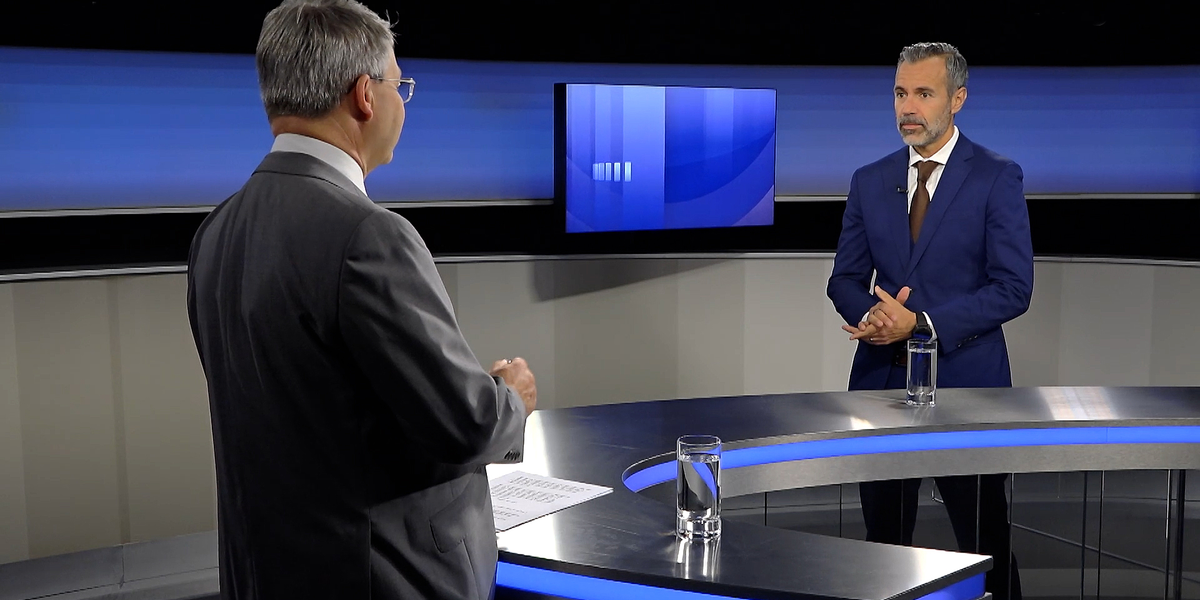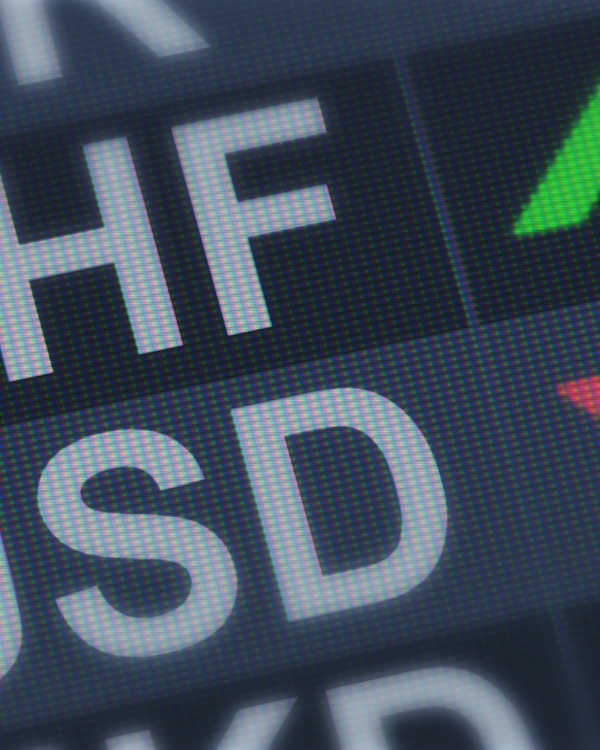Who is better for the stock market: Kamala Harris or Donald Trump?
Investors have had a very good stock market year so far in 2024, says René Nicolodi, Head of Equity & Themes in Asset Management at Zürcher Kantonalbank. He now explains which positioning could be promising for the final quarter, which is also characterised by the US presidential elections.
Interview with René Nicolodi

Martin Spieler: The first nine months are now over - how satisfied are you with the stock market year 2024?
René Nicolodi: We can be very satisfied. A mixed portfolio returned around 8% by mid-September. Both the strong equity markets and falling bond yields contributed to this. In the longer term, investors have now almost made up for the terrible year 2022, which resulted in very high inflation-related losses for both equities and bonds.
Inflation is an important topic for both consumers and investors. Will it continue to fall?
This is to be expected. However, a distinction must be made between the prices of goods and those of services. In the case of goods, we are seeing a slowdown in the economy, with China's growth engine continuing to stutter. This is putting downward pressure on inflation rates. Inflation is likely to be more persistent in the services sector, as prices in this sector are set by the administration, for example in public transport or care.
There were corrections on the markets in August and September, some of which were made up again. October is generally regarded as a difficult month on the stock markets. What is the outlook for investors until the end of the year?
Historically, September tends to be a problem month on the stock market, while the remaining months of the year usually turn out to be good. The US Federal Reserve has now become the last of the major central banks to cut interest rates, and at the same time we are seeing a decline in earnings momentum among the heavyweights in the US technology sector. It may be worth taking a more defensive position towards the end of the year.
The US presidential election is approaching. Who is better for the stock market: Democrat Kamala Harris or Republican Donald Trump?
We believe that the significance of the US presidential election for stock market prices is inversely proportional to the media coverage. In other words: not really that relevant. This is also shown by studies: even if the same party wins the presidency and the majority in Congress, we do not see any major movements. What unites both candidates, however, is the prospect that their election could result in higher national debt.
What would this mean for share prices and the dollar?
The impact would probably not be too great. If we take a closer look at equities, the focus shifts between the individual sectors. After the Republican victory in 2016, we saw that energy and basic materials benefited. If the Democrats win, renewable energies and utilities are more likely to see rising share prices. In view of higher government debt, we are more critical of bonds and the dollar.
Specifically: How should investors position themselves with a view to the last quarter of 2024?
On the bond side, perhaps with a diversification in government bonds outside the USA, for example in securities from the eurozone, where interest rates are trending downwards. Emerging market bonds also generally benefit from falling interest rates. In terms of equities, a defensive positioning in sectors such as pharmaceuticals and utilities is recommended. On the regional side, the Swiss market should of course be mentioned, but also the UK as diversification from the US, as well as emerging market stocks. Meanwhile, the Swiss franc has experienced a strong appreciation, so a higher foreign currency exposure to the euro and dollar could be an option.
This interview was first broadcast in a slightly modified form in the programme "Geld" on 4 October 2024 on Tele 1, Tele M1 and TVO (interview in Swiss German).

